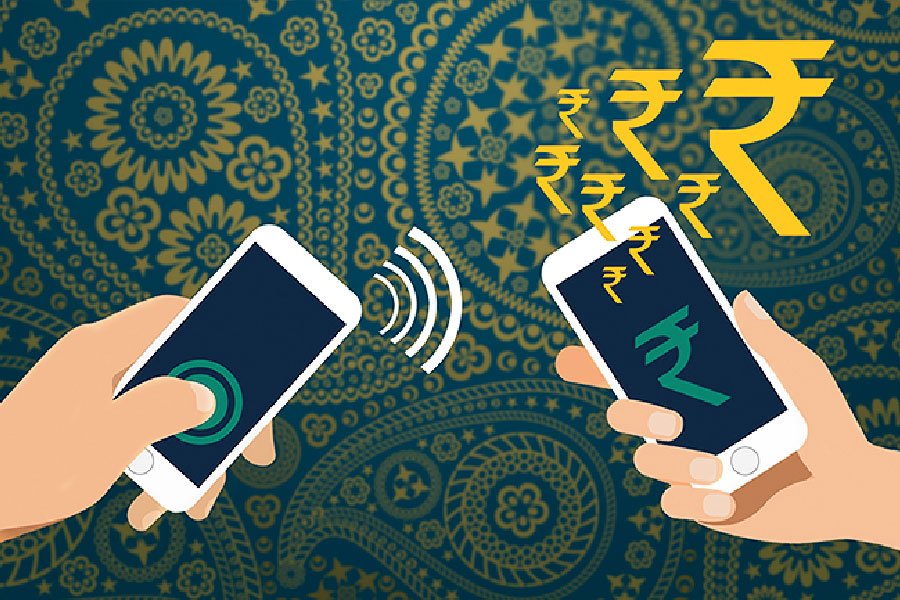As the world becomes increasingly digital and interconnected, the way you make payments is evolving rapidly. Gone are the days of carrying around bulky wallets or writing paper checks. Today, the future of payments lies in Payment APIs (Application Programming Interfaces), including the revolutionary UPI API, a technology transforming how businesses and consumers exchange money securely and seamlessly.
What are Payment APIs?
Payment APIs serve as the digital conduits that allow different software applications to communicate and facilitate transactions. Think of them as the invisible hands behind the scenes, connecting various parts of the payment process. These APIs enable businesses to integrate payment processing into their websites, apps, and systems without building their complex infrastructure from scratch.
Streamlining Transactions
One of the key benefits of Payment APIs is the streamlining of transactions. Speed is of the essence, especially in the fast-paced world of e-commerce. Payment APIs reduce the time it takes to complete a transaction, from when a customer hits “buy” to the securely transferred funds. This efficiency not only improves the customer experience but also increases conversion rates for businesses.
Enhanced Security
Security is a crucial aspect when it comes to financial transactions. Payment APIs are designed with security in mind, incorporating encryption and tokenization to protect sensitive data. By leveraging these APIs, businesses can ensure that customer payment information is kept safe from potential cyber threats.
Global Accessibility
The beauty of Payment APIs is their global accessibility. Businesses can accept customer payments worldwide, supporting various currencies and payment methods. This opens up new markets and revenue streams for businesses previously limited by traditional payment methods.
Seamless Integration
UPI API integration is often a major hurdle for businesses adopting new technologies. Payment APIs solve this problem by offering seamless integration with existing systems. Whether it’s an e-commerce platform, a mobile app, or a point-of-sale system, Payment APIs can be easily integrated, reducing the time and resources required for implementation.
The Rise of Mobile Payments
With the proliferation of smartphones, UPIs have become increasingly popular. Payment APIs are central in enabling these transactions, enabling customers to purchase with just a few taps on their phones. Payment APIs are powering the mobile payment revolution, from mobile wallets to in-app purchases.
Subscription Services and Recurring Payments
Subscription-based businesses rely on recurring payments to sustain their revenue streams. Payment APIs automate the collection process of recurring payments, making it seamless for businesses and customers. Whether a monthly subscription to a streaming service or an annual membership to a software platform, Payment APIs handle the recurring payments behind the scenes.
The Role of Blockchain and Cryptocurrency
Blockchain technology and cryptocurrencies are also making waves in the world of payments. Payment APIs are facilitating the integration of these alternative forms of payment, providing businesses and consumers with more options. Whether it’s accepting Bitcoin for online purchases or using smart contracts for secure transactions, Payment APIs are at the forefront of the blockchain revolution.
Enhanced Customer Experience
Ultimately, the future of payments is about enhancing the customer experience. Payment APIs enable businesses to offer a seamless, frictionless payment process that delights customers. Whether it’s one-click checkout, personalized payment options, or instant refunds, Payment APIs drive innovation in customer satisfaction.
In conclusion, the world of payments is undergoing a profound transformation, and Payment APIs are at the heart of this evolution. From streamlining transactions to enhancing security and enabling global accessibility, UPI API is shaping the future of how you pay. As businesses and consumers alike embrace the digital economy, Payment APIs will continue to play a central role in making payments faster, safer, and more convenient than ever before.







